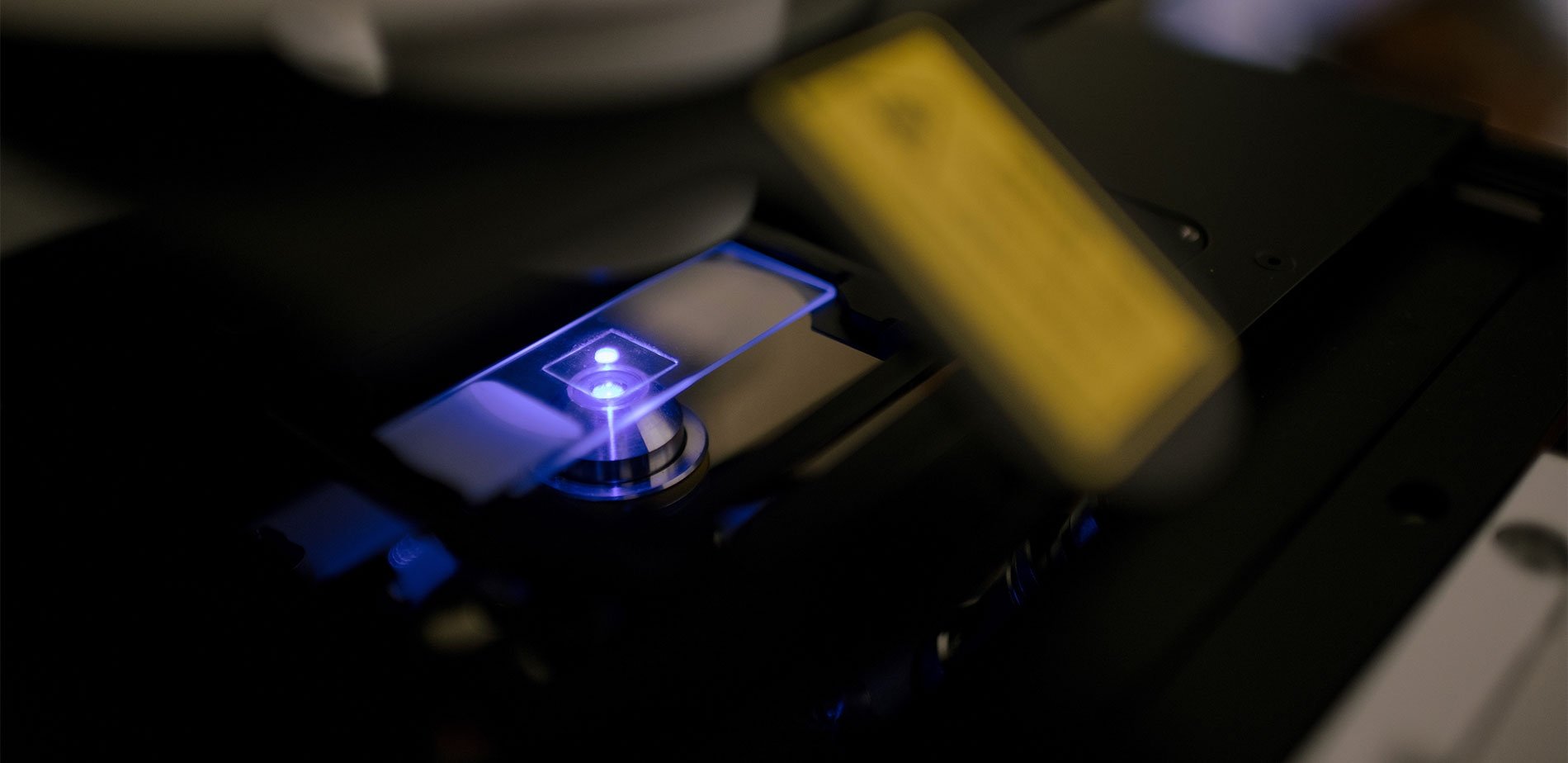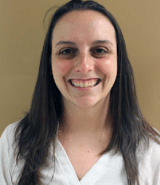Transforming Life, One Cell at a Time
Commonwealth University's Master of Science in Biology program provides advanced training in biological science. Whether currently employed as a biologist or teacher, planning to pursue employment in a biological field, or intending to enter a doctoral or professional program in biology, a solid grounding in advanced biology is essential.
Program Details
- Offered at Bloomsburg, Lock Haven, and Mansfield campuses. Also, a variety of courses are taught at Wallops Island, Virginia.
- Course delivery includes a combination of in-person, blended, and online classes.
- The program curriculum includes 10 courses (30 credit hours).
- Our program offers opportunities for study at the supra-organismal, organismal, cellular, and molecular levels of biology.
- A broad array of disciplines are presented among the faculty, allowing considerable flexibility in the selection of independent research topics. Thesis research may be carried out on campus, or at an off-campus site.
- Thesis and non-thesis options are available.
- Graduate Assistantships are available for qualified applicants.
Practical Learning
ResearchGraduate studies entail a close working relationship between a student and a faculty member who acts as their Major Professor. The universal core of the program is an independent scholarly project which is planned, executed, and presented to the public under the direction of a Major Professor. Elective courses are also offered to develop specific competencies. This is designed to be completed in two years, with full-time effort split roughly equally between research and course work.
Every effort is made to closely match students with a faculty mentor and research advisor who is able to satisfy their interests and provide the resources necessary to support students’ scholarly work. Browse our Research gallery to see the research being conducted by Biology faculty and current students.
Courses and Curriculum
53.546 — Biostatistics OR 80.525 — Research Methods
50.593 — Master of Science Thesis (required for students in the thesis option)
50.591 — Directed Study in Biology (required for students in the non-thesis option)
Elective Courses
A minimum of 30 semester hours of graduate-level courses is required for graduation.
All other courses are considered elective courses, but require the approval of the student's adviser and advisory committee.
50.411 — Radiation Biology
50.455 — Environmental Microbiology
50.457 — Entomology
50.472 — Animal Cell Physiology
50.474 — Vertebrate Systems Physiology
50.477 — Plant Physiology
50.478 — Microbial Physiology
50.479 — Integrated Physiology Laboratory
50.530 — Evolution
50.531 — Developmental Biology
50.532 — Microbial and Molecular Genetics
50.535 — Bioinformatics and Genomic Analysis
50.550 — Mycology
50.551 — Conservation Biology
50.552 — Limnology
50.559 — Ornithology
50.560 — Population Biology
50.561 — Animal Behavior
50.570 — Medical Parasitology
50.571 — Endocrinology
50.575 — Cell Physiology
50.576 — Neurophysiology
50.580 — Comparative Animal Physiology
50.589 — Current Topics in Biology
50.591 — Directed Study in Biology
50.593 — Master of Science Thesis
Marine science courses are offered at Wallops Island, Va.
55.431 — Ecology of Marine Plankton
55.432 — Marine Evolutionary Ecology
55.464 — Biological Oceanography
55.490 — Marine Aquaculture
55.491 — Coral Reef Ecology
55.492 — Marine Mammals
55.500 — Problems in Marine Science
55.540 — Environmental Science Education
55.541 — Biology of Mollusca
55.570 — Research Cruise-Biology
55.593 — Behavioral Ecology
- Thesis Option — This option is recommended for students planning to continue their graduate studies or professional training. Students must complete a total of 30 credit hours of graduate course work, with at least 18 semester hours at the 500 level. A thesis is required for this option. Normally a student in this option will take 6 hours of thesis, and 24 hours of formal classroom course work. The thesis must be defended orally. Students in the Thesis Option do not carry out a Directed Study, as that experience is intended for the Nonthesis Option.
- Nonthesis Option — Students must complete a total of 30 credit hours of graduate course work, with at least 18 hours at the 500 level. Students choosing this option will not carry out a thesis. There are two suboptions within the nonthesis option.
- Directed Study Suboption — Students must complete at least 27 credit hours of graduate course work, and 3 credit hours of Directed Study in Biology. A directed study is a hands-on research experience smaller in scope than a thesis. Typically the directed study is completed within one semester. A written report is prepared, and presented orally to the Department.
- Departmental Paper Suboption — Students must complete at least 30 credit hours of graduate course work. They must complete a literature-based paper on a topic selected by the student and the academic advisor or mentor for the paper. The BAHS Departmental Paper carries no credit hour equivalent. The paper must be presented orally to the BAHS Department.
- Bachelor of Science or Bachelor of Arts in Biology or its equivalent.
- Two letters of recommendation from previous science faculty.
- At least one letter should be from a faculty member who instructed the applicant in an upper-level biology course.
- Applicants with research experience should submit at least one letter from a research adviser.
- Others may submit a letter from any professor with the ability to evaluate the applicant's laboratory research potential.
- Undergraduate deficiencies must be addressed prior to admission to the program or during the first semester in consultation with the program coordinator.
- Deficiencies may be addressed by undergraduate coursework without credit earned toward the degree, by graduate coursework when suitable, or by outside readings. The method of satisfying deficiencies is decided by the student and graduate program coordinator in consultation with the departmental graduate committee.
- A minimum of two weeks is required for review of a completed application by the department's graduate committee.
Biology Contact
|
Graduate Program:
|






